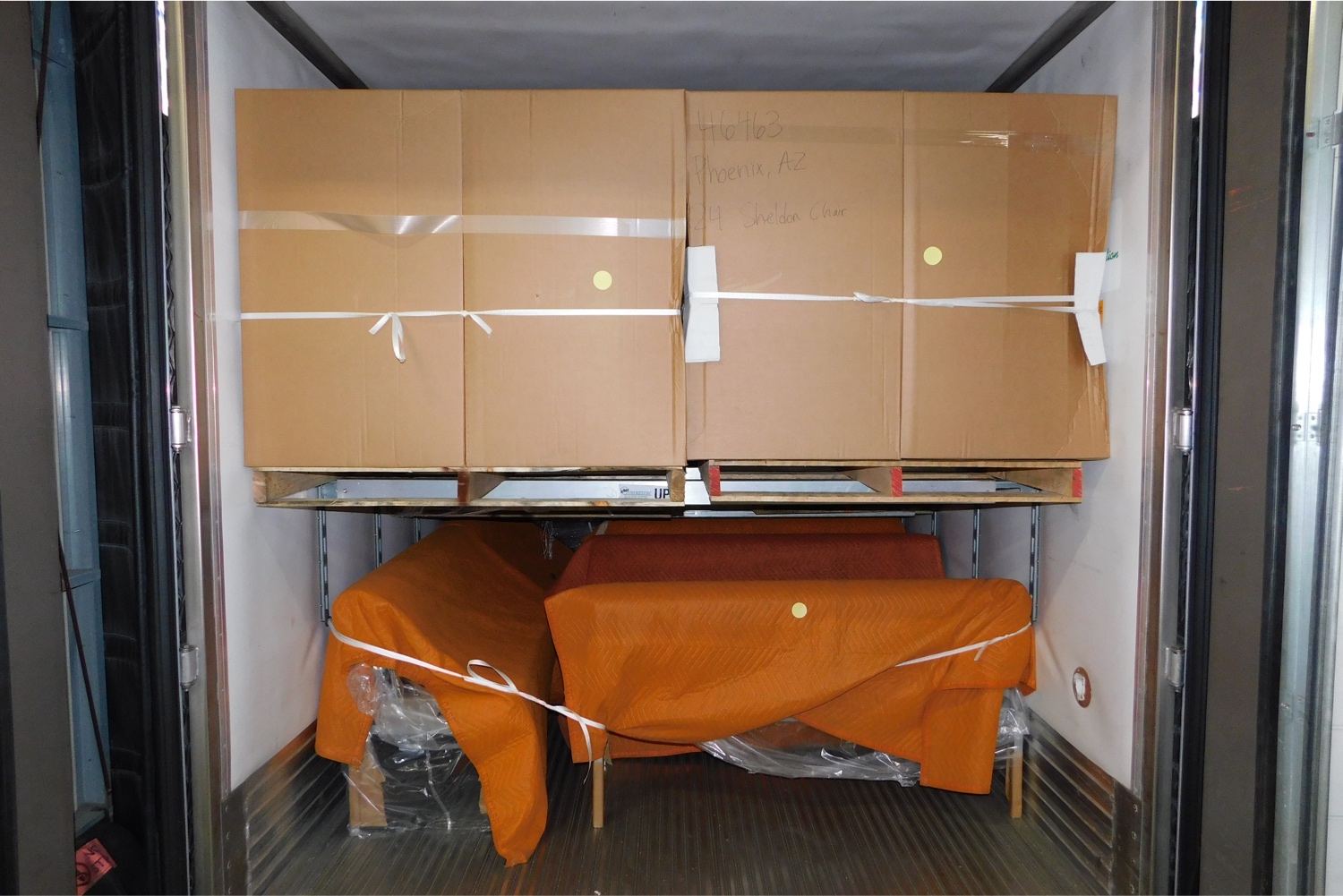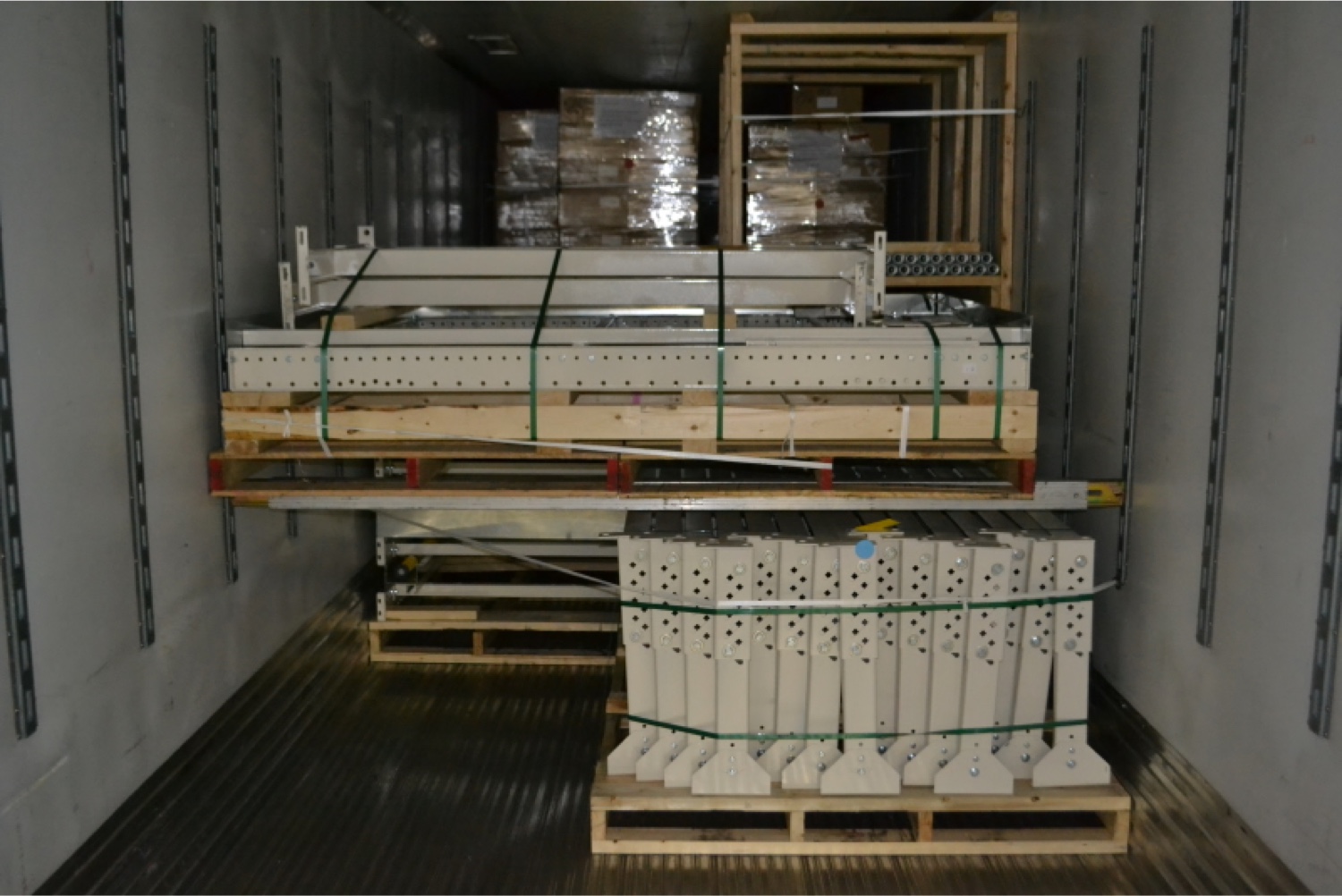A lot of companies pay lip service when it comes to White Glove Treatment in logistics. There is a clear understanding that shippers want their freight to arrive undamaged and on time, yet it should not be an add-on service shippers are forced to pay a fortune for. There are a few indicators to look out for that ensure a carrier provides white glove service. The first of which is that it’s a state of mind held by the carrier, where the customer’s needs are the most important, assisted by associates who are trained to handle every shipment with precision and care.
Another important indicator is attention to detail. It’s important to be able to check in with the carrier to ensure they know where your shipment is every step of the way, as well as making sure every I is dotted and every T is crossed. Attention to detail is a vital indicator of white glove treatment. Shippers would be wise to ask about procedures and guidelines the carrier follows, including how a carrier handles delicate items, oversized freight or any other indicator of unique freight. All of those details add up to a wonderful experience for the person who needs it most: the customer.
Speaking of which, white glove treatment will also involve getting in touch with the customer to accommodate any special delivery needs or scheduling tailored-time slots that work for the customer. Keeping communication lines open with the customer will keep them satisfied and let you know that you’re dealing with a carrier who gives white glove treatment. You can also see this in whether or not the carrier coordinates the pickup with you. The more involved the carrier is in this process, the more assured you can be that your shipment is getting white glove treatment.
If your shipments are not receiving the white glove treatment, then now may be a time to consider revising your supply chain. At a time of serious congestion, if a shipment gets damaged, this will likely make a bad situation worse. Getting ahead of the problem and ensuring your shipment will be treated with the utmost care will help you gain trust with your customers, a vital part of business at a time like this.
Here at Zip Xpress, we understand the importance of white glove treatment. Customers and shippers want their freight delivered on time and undamaged, period. We also believe that shippers don’t need an upcharge in order to receive quality service. We believe that in treating our stakeholders well, in training how to carefully handle every shipment that comes through, we’re able to provide a seamless experience that few shippers believe until they see it for themselves. To see for yourself, start today with Zip Xpress!





